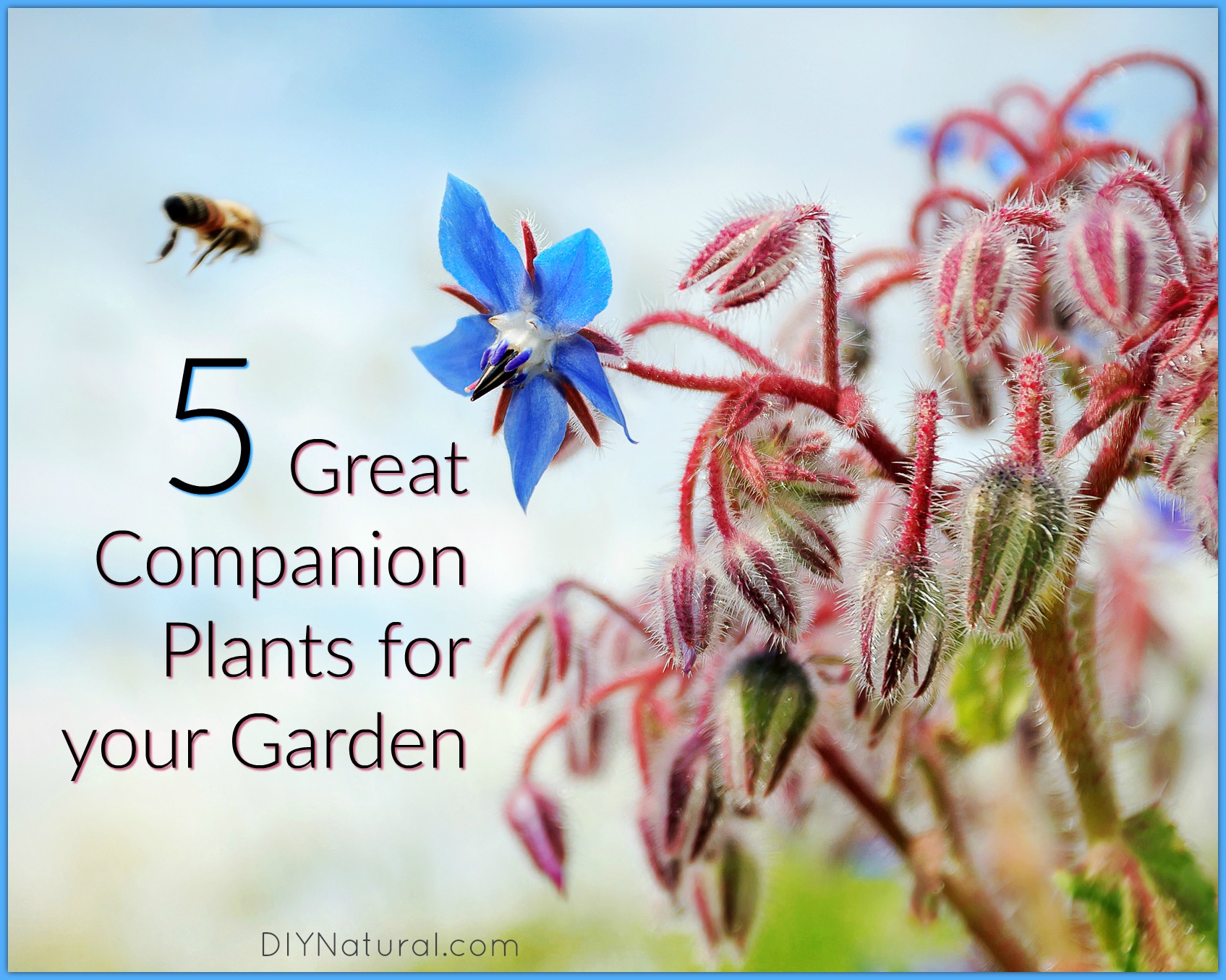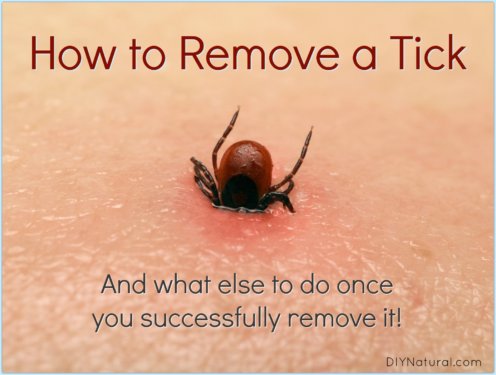
How do you plant your garden? Do you make neat rows made up of a single type of vegetable, or do you practice companion planting?
What is Companion Planting?
I make room every year for flowers in my garden. I even leave a large patch in the middle of the garden for what other people would call weeds. Want to know why?
The practice of companion planting, or purposefully planting things together to enhance beauty, health, growth or flavor, is thousands of years old. It is only in modern times that we have begun to plant one crop all alone in a straight row. You’ll understand what nature has in mind for us to do if you’ve ever scratched open a bare patch of soil and become busy before getting around to planting. When you came back I’m certain you found it covered in a variety of weeds all packed in shoulder to shoulder.
Why You Should Practice Companion Planting
The natural order demands variety. This variety attracts beneficial insects and pulls up a multitude of differing types of nutrition. When I plant my garden I know that any bare ground will happily be filled by Mother Nature. In anticipation, I choose what will cover the ground and my choices aren’t always about which vegetables I’d like to eat.
Companion planting reduces our need to water, weed, and apply fertilizers. It can take away our need to mulch or fertilize and also save us the labor of battling bad bugs. If you plan it correctly you can get several crops instead of just the one off that boring mono crop row you were planning. Here are some of my favorites and why I love them:
Five Great Companion Plants for Your Garden
Borage (Borago officinalis)
This is a beautiful plant sporting deep blue flowers. I love to eat this plant fresh in salads or dry the leaves to use as an adrenal tonic when I’ve overdone it. We plant this self-seeding annual beside the tomatoes where it will help repel tomato hornworms and attract bees. My other favorite place to plant borage is with our strawberries. Not only is it pretty, but it seems to make the fruit even sweeter.
Cosmos (Cosmos caudatus)
My favorite garden flower has to be cosmos. Each year, some self-seeds but it’s very easy to scatter some right after we put in the vegetable plants. What a treat to gather a bouquet right where you’re picking dinner! These colorful beauties attract hoverflies, parasitic wasps, tachinid flies, and bees.
Chamomile (Matricaria recutita)
I’m not sure whether I plant my brassicas among my chamomile or the other way around. The brassicas, of course, are the broccoli family. Any member loves to be planted with chamomile. This common tea herb is perfect for relaxing and staying calm when things aren’t going your way in the garden. It is also helpful in keeping away bad bugs. Chamomile flowers attract hoverflies and parasitic wasps.
Chives (Allium schoenoprasum)
We plant chives near our roses and berry bushes. A chive tea can be sprayed on your apples to prevent apple scab and powdery mildew. The best thing about having chives planted everywhere is the unlimited supply of their fresh, sharp flavor in just about every dish. I keep some planted close by the kitchen door so I can step out and grab some for every meal.
Dill (Anethum graveolens)
I’m not very careful with where I spread the seeds of dill. I like it to come up here and there throughout the garden. I especially like to add a big handful of it into the “buffer” garden I plant in the middle of my vegetables especially for the bugs. If you provide a space for beneficial bugs to hide, they will come out often and eat the bad bugs that visit your garden. Dill is a wonderful culinary herb that you can use throughout the summer. The seeds are one of the best remedies for acid indigestion. The plant will attract lady bugs, wasps, spiders, overfills, and bees.
For me, the fun of gardening is not what I’m putting in the rows, but in what I’m putting everywhere else. Mulch in between plants is boring and doesn’t give you much added benefit. Companion planting can provide you with the same benefits and so much more. What are you planting around your vegetables this year?
Want to read more about companion planting?
Check out the following books:
- Great Garden Companions by Sally Jean Cunningham
- Companion Plants and How to Use Them by Helen Philbrick and Richard Gregg
- Roses Love Garlic by Louise Riott
- Carrots Love Tomatoes by Louise Riott
*******




I have thought about doing this or something simular for years. I would love to see a picture of yours!
Hi
Thank you for the advise, I love planting all type of edible plants all over my backyard, now I am looking for good looking plants for my front yard that won’t scare my neighbor’s too much lol. So far I was trying the ecological approach and everything was great until this winter (I live in zone 7 in NJ) the whole winter and now in spring my house was infested with little tiny black ants, I tried borax and would just help for a few weeks and then they will come back so we had to get an exterminator than had to put chemicals all over the house, he told me to separate my plants at least 2 feet from the house’s walls since between my exterior walls and the brick it was infested with ant’s nest all around, my question is. Do you know about any flowers or plants that would get ride of ants? also I have some fruit trees and the ants are attacking without any mercy 🙁 Help! Thank you!
What do chives do to benefit your roses? DH’s grandma & I each received a rose bush from my mom a couple years ago. Hers has not grown much & looks sickly this year, while mine has really flourished (even though it sometimes gets bumped by vehicles). I have chives planted about 10 feet from my roses. I am wondering if I should plant chives near hers. Are there other companion plants that would help her roses?
Personally, I think part of the problem is that she uses weed killer & insecticide liberally at her house & I prefer to steer clear of both.
If I can help hers out in some way (other than suggesting that she use less chemicals – she doesn’t listen to that), I would like to.
Thanks!
Hi Bethany,
They protect from mildew, black spot and aphids. Yes, the chemicals sure don’t help. Repelling fungal infections and insects that suck plant nutrients definitely allows the rose to flourish. Some family member in the alliums should be planted with our roses in my opinion!
I would love to see a picture of your garden! I tend to be a flower planter myself and have found garlic works wonders for keeping roses bug free as well. Also garlic is supposed to keep all those gophers,moles and voles out of your planting beds I guess they don’t know s good thing when they smell it!! Love the advice natural gardening is the way to go!
Hi Carrie,
You can find pictures of our farm at our webpage- http://www.mockingbirdmeadows.com!